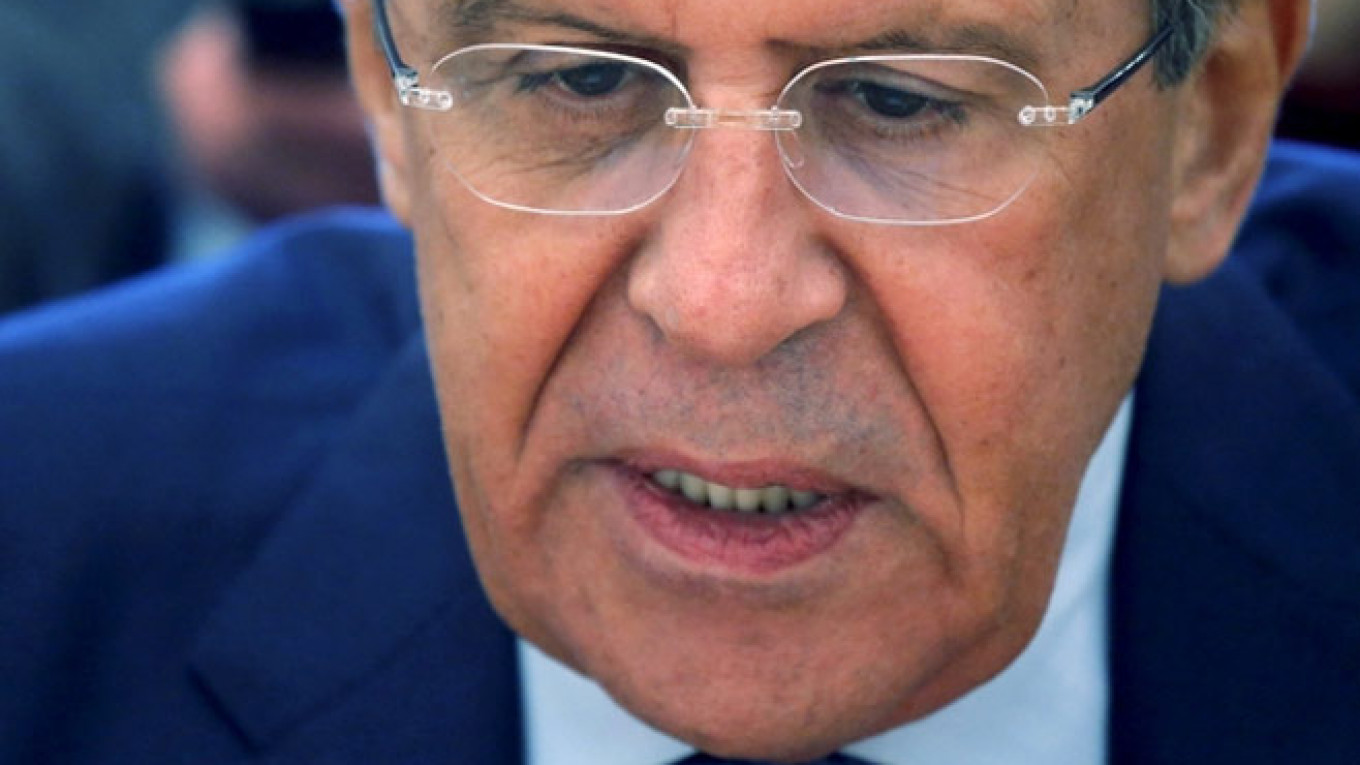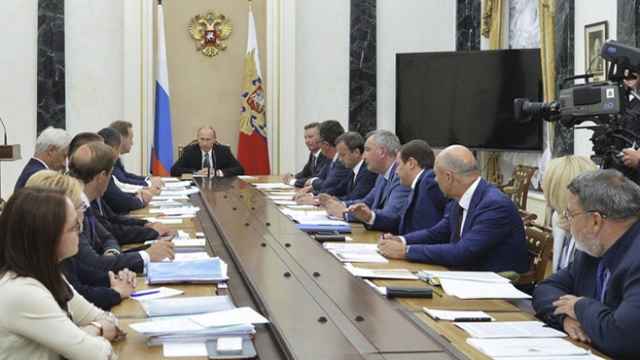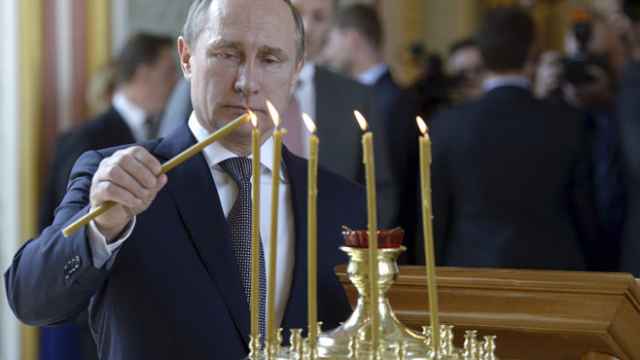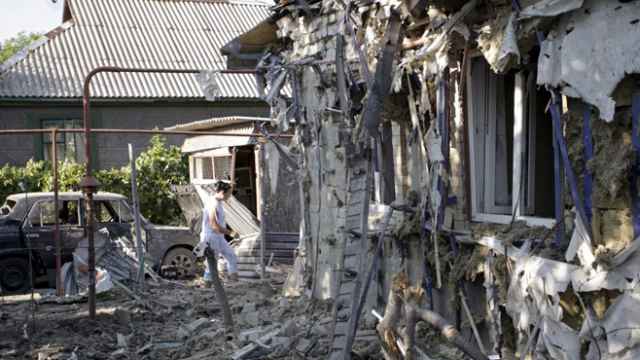President Vladimir Putin is continuing to provide Syria with military equipment and military experts.
However, Russia's influence with Syrian President Bashar Assad has declined as the regime's deteriorating military situation has made it completely dependent on Iran and Iranian units fighting alongside the Syrian army.
For Russia to retain its leverage and secure a leading role in a post-Assad transition, it would have to move beyond the long-existing train-and-equip program toward combat operations. Deploying Russian air assets to provide close air support to joint Iran-Syrian units would make Russia fully invested in Assad's regime survival.
The downside is that Russia would completely hinge itself to Iran's strategy of sectarian partitioning of Syria by defending only the strategic Damascus-Latakia corridor. Iran is not interested in liberating eastern Syria from Islamic State control.
Moscow hopes to gain transactional leverage with the U.S. by emulating the successful 2001 strategy of joining the U.S.-led international coalition where Russia assisted U.S. operations in Afghanistan.
The hope is to force Russia's way into a strategic relationship with the U.S. that would make disagreements over Ukraine look trivial.
Any Russian military intervention on Assad's behalf would stymie U.S. and coalition efforts to fight the Islamic State.
The deployment of Russian airpower and sophisticated air defense systems would make it impossible for the coalition to ever create a no-fly zone over parts of Syria to protect the population from devastating barrel bombings by the Assad regime — engaged in a campaign of sectarian cleansing which fuels support for the Islamic State and refugee flows to Europe.
Moscow does not distinguish the Islamic State from more moderate Islamist and nationalist opposition groups which now threaten the regime in Latakia and along the Damascus corridor.
Were Russian airpower to support the regime's offensive to retake control of the Idlib province and areas around Aleppo where moderate opposition dominates, it would be strengthening the Islamic State at the expense of non-Islamic State forces.
The only scenario where the Russian-Iranian intervention would not make things worse would be to limit the operations to the defense of Latakia to prevent a massacre of regime loyalists. All other options would only make the war longer and bloodier.
Vladimir Frolov is president of LEFF Group, a government relations and PR company.
A Message from The Moscow Times:
Dear readers,
We are facing unprecedented challenges. Russia's Prosecutor General's Office has designated The Moscow Times as an "undesirable" organization, criminalizing our work and putting our staff at risk of prosecution. This follows our earlier unjust labeling as a "foreign agent."
These actions are direct attempts to silence independent journalism in Russia. The authorities claim our work "discredits the decisions of the Russian leadership." We see things differently: we strive to provide accurate, unbiased reporting on Russia.
We, the journalists of The Moscow Times, refuse to be silenced. But to continue our work, we need your help.
Your support, no matter how small, makes a world of difference. If you can, please support us monthly starting from just $2. It's quick to set up, and every contribution makes a significant impact.
By supporting The Moscow Times, you're defending open, independent journalism in the face of repression. Thank you for standing with us.
Remind me later.








